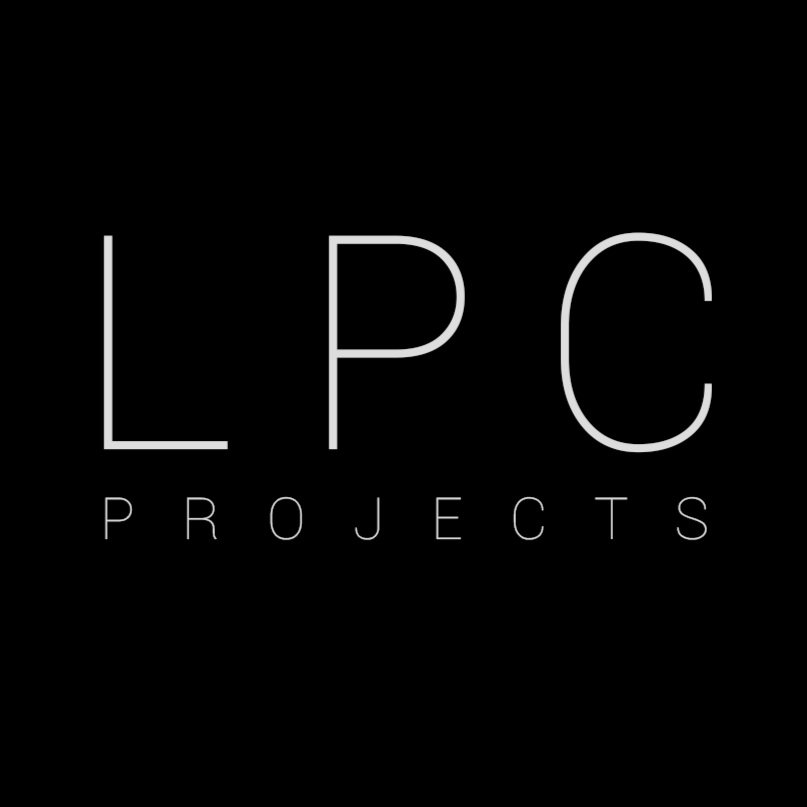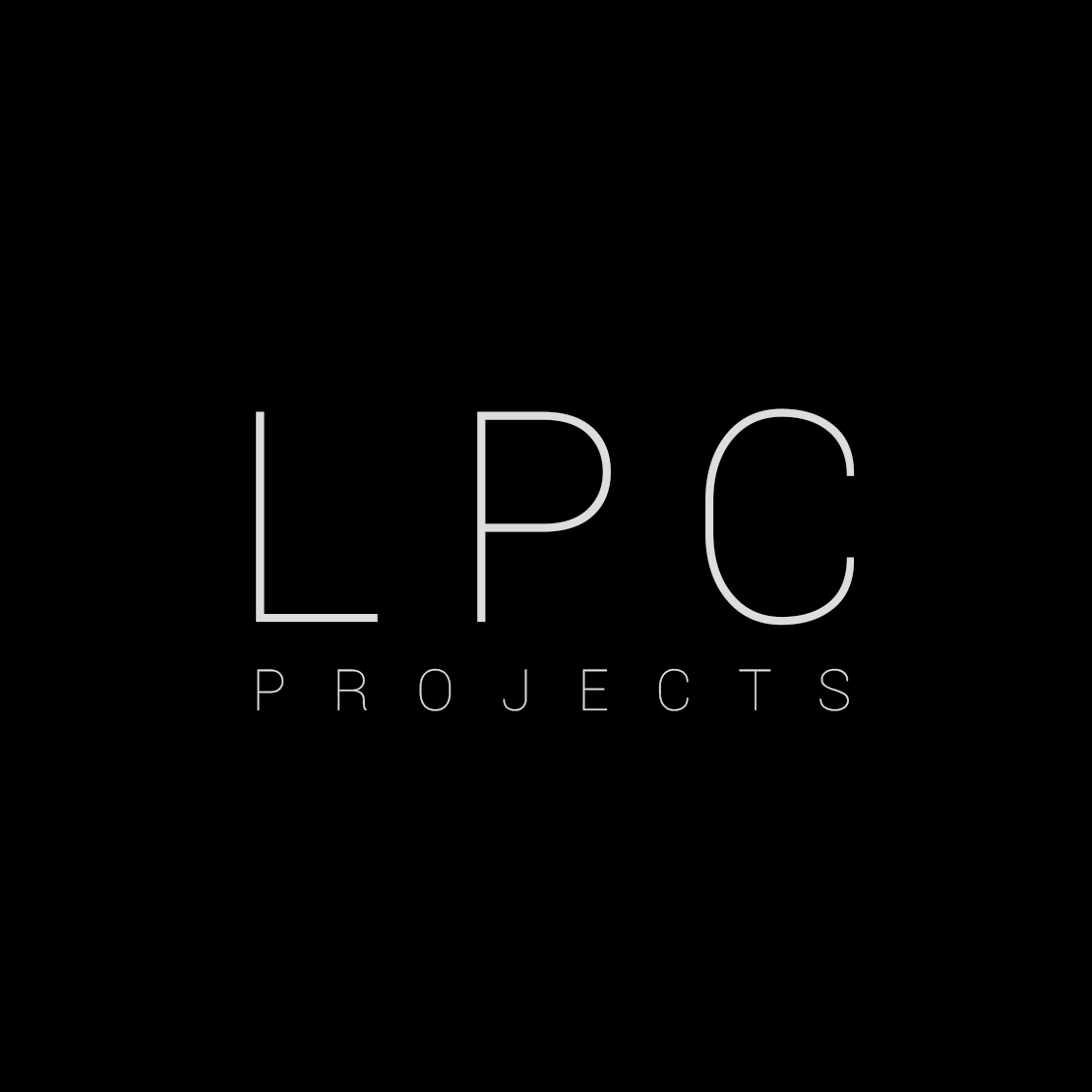The Truth About Provisional Sums & Prime Cost Allowances (and why they Blow Budgets)
At LPC Projects, we often meet clients who’ve received “cheaper” quotes — only to discover later that the number didn’t include half of what they actually wanted.
The culprits? Often:
Provisional Sums (PS) and Prime Cost (PC) Allowances
They’re completely legal. But when they’re used poorly or without clear explanation, they’re the #1 cause of budget blowouts in residential construction.
This blog explains what they are, how they affect your quote, and why realistic allowances are key to keeping your project on track.
What Are Prime Cost and Provisional Sum Allowances?
These are placeholder amounts used in building quotes when the final selection, scope, or price of an item is unknown at the time of quoting.
Prime Cost (PC) Allowance:
A dollar figure assigned to supply-only items, such as appliances, taps, or tiles.
E.g. $2,000 for kitchen appliances
Provisional Sum (PS) Allowance:
A dollar figure for supply + labour, often for items where the full scope isn’t known yet.
E.g. $15,000 for landscaping
They’re helpful during early quoting — but dangerous when they’re too low to be realistic.
Why They Blow Budgets
Let’s say your builder gives you a quote with the following:
PC Allowance: $2,000 for bathroom fittings
PS Allowance: $5,000 for joinery install
You select fittings worth $3,500 and your joiner charges $7,500.
That’s an $4,000 variation… and that’s just one room.
Multiply this across every room in the house and your “$500K build” quickly becomes well quite a bit more.
The Red Flags to Watch for
Extremely low allowances - These can be inserted to make the total quote appear cheaper
No explanation of PS or PC items - Leaves clients confused about what’s included
No breakdown per item - You can’t track where the overruns happen
What LPC Projects Does Differently
At LPC, we don’t use unrealistic allowances to win jobs.
We review your selections upfront (or help you make them)
We apply realistic PC and PS allowances based on actual finishes
We explain each allowance clearly in your estimate
We issue fortnightly reports tracking PS/PC actuals under our cost-plus contract model.
Tip: Ask These Questions Before You Sign
“What’s the actual allowance for each room or item?”
“What happens if I exceed the PC or PS amount?”
“Can you show me real examples of what this allowance buys?”
“Will I be updated regularly on my actual vs allowance?”
If a builder can’t answer these questions, you’re likely stepping into the unknown.
Final Word
Provisional sums and prime costs aren’t the enemy — unrealistic allowances are.
Transparent builders use these tools to offer flexibility while still quoting honestly. At LPC Projects, we prioritise clarity from day one so you never feel blindsided later.
Building in 2025? Let’s talk about real budgets, not just brochure numbers.

